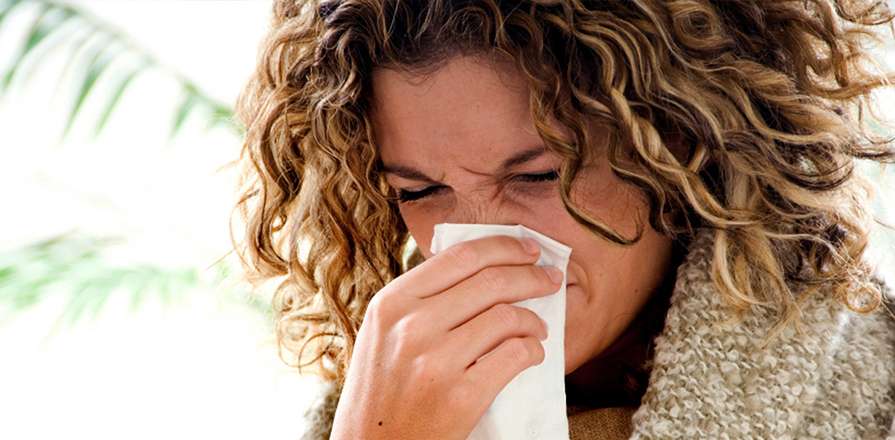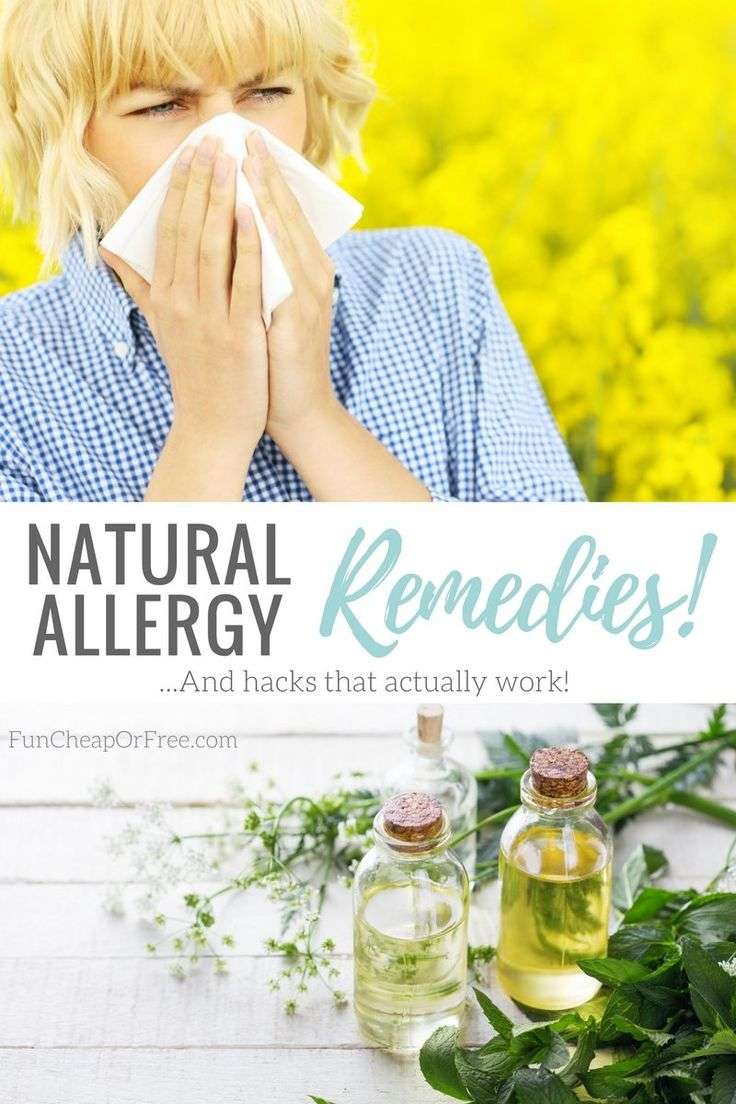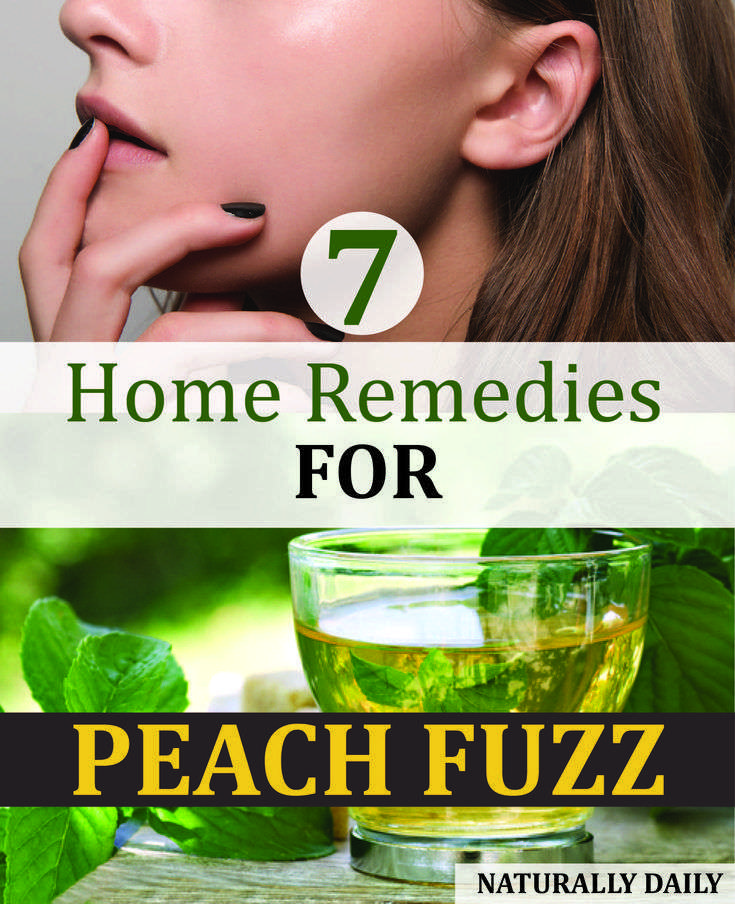Move Over Mold & Mildew
These fungi thrive both outdoors and indoors. They grow from and produce spores that, like pollen, are spread by the wind or indoor air. Mold and mildew tend to grow year-round. In the fall, they grow on damp fallen leaves and compost piles. They thrive in damp areas indoors like basements, bathrooms, and kitchens.
Unlike pollen, mold and mildew arent killed by the first frost, but they do tend to go into a dormant phase during the winter months.
How To Reduce Symptoms From Fall Outdoor Allergens
- Pre-medicate with an antihistamine and/or corticosteroid nasal spray 2 hours prior to allergen exposure. For eye allergies, use eye drops as needed.
- Avoid pollens. In late summer and early fall, levels are highest in the morning. Pollen can also surge on windy, warm days and after a thunderstorm or rainfall. Limit time outside when pollen counts are high usually in the mornings through early afternoons.
- Avoid fallen leaves. Kids might love to leap into piles of leaves in the backyard, but even just a playful kick can release millions of mold spores into the air and into your airways. If fall allergens leave your lungs wheezy and your eyes drippy, hire someone to clean leaves from your lawn, gutter or garden. Or ask a friend to rake your leaves in return for a free hour of babysitting or other task.
- Change clothes when coming inside.
- Wear a mask when raking leaves and doing outdoor activities.
- Monitor pollen and mold counts. Airborne pollens can travel for several miles.
- Keep windows and doors shut at your home close windows of your car while driving.
- Take a shower, wash your hair and change your clothes after time outside.
- Dry laundry indoors rather than on a clothesline outdoors.
Further Advice For Fighting Fall Allergies
The best way to make your fall outing fun and not overtaken by allergies is to take an antihistamine beforehand. If your allergies are really bad, consider starting allergy shots. While allergy shots take months to make a noticeable difference, youll be ready to go by next fall.
If you dont suffer sinus allergies, but get itchy rashes and hives when you come into contact with hay, straw, and corn stalks, then you should wear long sleeves and pants to reduce your exposure, as this could be a sign of contact dermatitis .
Finally, ensure your home is free from fall allergies by using an air purifier such as the Alen BreatheSmart FIT50 to filter out contaminants that cause irritation indoors.
You May Like: Can You Develop A Shellfish Allergy
When Is Peak Fall Allergies In Georgia
Typically, fall allergies in Georgia peak in the south across the end of August last weeks through the starting few weeks of September. However, above-ordinary temperatures and wet climate may hit the Southeast more difficult this fall, making it an awful 12 months for the people suffering from allergies.
The summer season was a warm and humid one, developing situations that are high for the increase and thriving of the ragweed and mold pollens which are the important elements in fall allergies in Georgia. For those who have both allergies and asthma, this can be an awful combination.
Tips For Managing Fall Allergies

by Enticare Updates | Oct 31, 2020 | Allergy, Tips & Tricks
Most people think seasonal allergies are only a problem in the spring. Did you know that seasonal allergies can also affect you in the fall? All the common allergy symptoms, such as a runny nose and watery eyes, can hit you in the fall as well as in the spring. As we head into the fall allergy season, here are some tips for managing fall allergies.
Also Check: Is Pepcid Used For Allergies
Seniors And Children: Take Special Care With Allergies
Seniors should be especially vigilant about treating allergies and should see a doctor right away if they begin experiencing symptoms. According to the AAFA, allergies cause at least 30 percent of adult asthma cases, which can pose a great risk to seniors older adults are more likely than younger people to develop respiratory failure as a result of asthma. If youre caring for a senior or are one yourself, be sure to avoid unnecessary exposure to allergens and see a doctor as soon as any signs of seasonal allergies appear.
If youre caring for a young child, also keep in mind that it can be difficult to notice symptoms of seasonal allergies in children. If you see your child exhibiting symptoms like an unusually runny nose, excessive sneezing, persistent nasal congestion or watery eyes, begin treating them at home right away, and take them to a doctor if their symptoms worsen or begin to have a significant impact on their daily life.
Although fall may not offer much relief from the allergy symptoms youve been experiencing since spring, if youre armed with the right tools, you can keep your symptoms under control all autumn long. Don’t forget about food allergies in Halloween candy. These 5 safety rules for Halloween are some nice reminders in addition to allergies to be mindful of.
Clear Noses With Saline Spray And Showers
Saline sprays are non-medicated nasal sprays that can help to flush fall allergens out of little noses. These sprays can be a good alternative for kids who are too little to take any allergy medications. Similarly, an old-fashioned warm shower can do wonders since pollen on your childs skin and hair will continue to cause a reaction until washed away . Showers are also beneficial because in addition to bringing immediate relief, they also stop your child from transferring the pollen to other items in the home, such as furniture, bedding, and their favorite fall pajamas.
Also Check: What Does A Dehumidifier Do For Allergies
Tidy Up Pet Dander & Fur
Pet dander is comprised of dead skin that is shed by animals in the home. Up to 40 percent of people with seasonal allergies also have pet allergies. Pet allergies are triggered by an extra-sensitive immune system reacting to dander, fur, saliva, or urine from pets.
Some dog breeds cause more reactions than others. Saint Bernards and bulldogs are among the worst offenders. Cats are twice as likely as dogs to cause allergic reactions in people.
Can You Recover From Allergies
Allergy symptoms can vary during a persons lifetime, depending on where they live and what theyre exposed to. If your primary issue is fall allergies and then you move someplace where pollen is less abundant, youll probably experience a drop in symptoms when autumn comes around.
Ultimately, there is no cure for allergies. But by arming yourself with allergy medication, preventative measures and pollen forecasts, you can finally enjoy autumn, rather than sneeze your way through it.
Don’t Miss: Is Coconut Oil A Nut Allergy
Natural Remedies For Seasonal Allergies
Every year, spring and fall come prancing in with allergens. In fact, over 50 million Americans deal with allergies every year. Seasonal allergies are nothing new, which means weve had loads of time to prepare for them.
While you cant get rid of seasonal allergies permanently, you might be able to lessen the intensity of the symptoms. Heres a few tried and true solutions for bad allergies:
- Regular Dusting
Keep reading to learn more about these natural home remedies.
Treatment Of Food Allergy In Cats
A cat with food allergies can have severe damage compared to regular skin allergies. It can affect yourcats digestive health with extreme conditions. As an example, it can be repeated vomiting or diarrhea. Besides, you need to go through several food trials to identify them. One major fact is the symptoms. Unlike skin allergies, the side effects can be pretty harsh. So, how to get rid of cat allergies naturally?
Don’t Miss: Can Allergies Cause Breathing Problems
When To Call A Doctor
If you find that you are getting sick frequently or are regularly experiencing symptoms like coughing, congestion, or difficulty breathing, you may want to talk with your doctor.
You should also consider consulting your doctor if you feel that your allergies are interfering with your daily life or if OTC medications are no longer able to help you manage your symptoms.
Your allergist can help you develop a plan tailored to your needs and evaluate which treatment method is right for you.
What Are The Best Treatments For Fall Allergies

- Antihistamine eye drops, pills, and nasal sprays. These are usually an effective treatment option for eye and nose symptoms, with nasal steroids and nasal antihistamines often being the most effective.
- Nasal corticosteroids. These reduce swelling in the nose to target symptoms like congestion. The Asthma and Allergy Foundation of America calls these “the most effective medicines for nasal allergies.”
- Prescription inhalers. If youre dealing with allergic asthma, its worthwhile to visit an allergist who can potentially prescribe an inhaler to help with symptom relief.
- Prescription creams. If you have a skin rash or itchiness, there are various topical OTC and Rx corticosteroid creams available that can treat the rashes based on how severe your symptoms are.
- Allergen immunotherapy. This is the best way to reduce allergies over time and minimize symptoms by making you less allergic. Allergen immunotherapy involves exposing yourself to larger amounts of an allergen to desensitize or train your immune system to stop being allergic over time, says Dr. Parikh. These are done via injection or tablets that are placed under the tongue. Your doctor can help you determine if this is a good option for you.
Dr. Parikh recommends avoiding oxymetazoline treatments such as Afrin because they could start a cycle of congestion, basically making you more congested later, as well as cause other side effects.
Read Also: Can Food Allergies Cause High Platelet Count
How Can You Minimize Exposure To Seasonal Allergy Triggers
Even when pollen seems to be blanketing everything in its path, there are steps you can take to prevent allergies from acting up:
- Have your child wash their hands and face as soon as they come in from playing outside so they dont rub pollen in their eyes and nose. Better yet, rinse them off in the shower.
- Check the forecast for pollen levels, and limit outdoor activities when pollen counts are at their highest.
- Dry laundry in the dryer. Since pollen can coat clothing, avoid hanging laundry outside to dry.
- Have your child take their bath at bedtime. This will help with nighttime allergy problems.
- Keep windows in your home and car closed and use air conditioning to filter the air. Make sure the air conditioner is on re-circulating mode.
What Causes Seasonal Allergies
Airborne agents , such as pollen, grass, mold, cedar, ragweed, or even some chemicals, are breathed in. Once they enter our bodies, these allergens start to wreak havoc. The immune system mistakenly sees the pollen as a danger and releases antibodies that attack the allergens and release a chemical called histamine into the nose, eyes, and lungs. Histamine is intended to attack harmful agents and remove them from the body. One of the main things that histamine does is cause inflammation.
The good news is there are many natural remedies you can try to control your allergy symptoms:
Recommended Reading: Can Food Allergies Cause Swollen Lymph Nodes In Neck
Treat Your Allergy Symptoms
You can do everything in your power to reduce allergens, but you cant get rid of them entirely. Thats why its important to manage symptoms daily. Unlike most allergy pills, once-daily FLONASE Allergy Relief nasal sprays relieve nasal congestion,* plus sneezing, runny nose, itchy nose, and itchy, watery eyes,** so you can enjoy the season without worrying about your symptoms.
*vs single-ingredient antihistamines that do not treat nasal congestion.
**FLONASE SENSIMIST is indicated for itchy, watery eyes in adults and children 12 years of age and older.
Risks And Side Effects
While most of the supplements and tips described above can provide natural allergy relief safely, there are some precautions to keep in mind.
When allergies are mild or moderate, they are usually not very threatening and go away with time. However, severe allergic reactions can be dangerous and require medical attention.
Anaphylaxis is the term for a severe allergic reaction, which can happen due to contact with food allergens, drugs/medications or insect stings. Symptoms usually affect the lungs, blood vessels or heart and can include:
- trouble breathing
- rash
- vomiting
If you or your child experience these symptoms, head to your doctor or the emergency room right away to prevent complications.
What can you do for severe allergies? Your doctor may need to prescribe allergy shots or prescription asthma medications, such as bronchodilators and inhaled corticosteroids.
Discuss these options with your health care provider, and consider trying the natural allergy relief remedies described above in addition to using medications.
Read Also: Can You Take Expired Allergy Pills
Natural Allergy Relief Options
What helps relieve allergies fast? Watching what you eat, getting plenty of fresh air and drinking enough water are some of the natural remedies that can relieve allergies by improving functions of the immune system.
It may take several weeks for your symptoms to subside, but they are likely to be better kept under control when you tackle the root causes. Here are nine ways to get natural allergy relief.
1. Eat an Anti-Inflammatory, Alkaline Diet
First and foremost, start eating an anti-inflammatory diet to reduce your risk for allergies and many other health problems. Caring for your body with nutrient-dense foods gives your immune system the ability to repair itself, bringing it back into balance so it can fight off common allergies in your environment.
Here are some of the best foods and ingredients to incorporate into your diet to help you beat allergies:
Although its not abundant in many foods, vitamin D is also important for immune function and may help manage allergy symptoms. In fact, certain studies have shown that children who live farther from the equator are more likely to develop allergies and suffer higher rates of hospital admissions due to allergic reactions.
You can get enough vitamin D by spending about 15 minutes in the sun most days without sunscreen and by eating foods like whole milk and some mushrooms for natural allergy relief.
2. Local Raw Honey
3. Apple Cider Vinegar
4. Quercetin
5. Neti Pot
6. Stinging Nettle
- Ginger
- Horehound
8. Probiotics
Keep Your Home Irritant Free
Keeping a shoe-free home is a good strategy during allergy season. If your kids have been outside playing in the leaves, have them leave their shoes at the door to reduce the amount of pollen and allergens in your home. Also, when scheduling autumn hikes and apple picking excursions, look into the pollen forecast to pick an appropriate time. In the fall, pollen counts tend to rise as the clock approaches noon. When inside your home, keep windows closed and seek out HEPA products for HVAC filters, air purifiers, and vacuum cleaners.
Recommended Reading: Can Allergies Make Your Chest Tight
Beware Of Foods That Trigger Your Symptoms
If you have seasonal allergies to ragweed, be aware that eating certain foods may trigger your symptoms. “This is the concept of oral allergy syndrome,” Bassett says.
It’s a double-whammy, he says. About one-third of people with fall seasonal allergies will have a cross-reaction to certain foods, he says. Foods that might provoke symptoms in those with ragweed allergies, according to AAAAI, include bananas, cucumbers, melons, zucchini, sunflower seeds, and chamomile tea.
Show Sources
How To Get Rid Of Spring Allergies

When you picture spring what do you see? Is it sunshine, spending time outdoors, picnics, warm breezes, and a general feeling of happiness? Or is it itchy eyes, sneezing, constantly worrying about pollen and weather, and dreaded spring cleaning? If the second example sounds like you, youre one of the millions who probably see spring as a season of suffering and misery but you dont have to. Read on to find out what may be causing those unwanted issues as well as ways you can reduce their effects.
Read Also: What To Do If Baby Has Allergies
Use The Power Of Air Conditioning
Air conditioners do more than cool your home. They also lower humidity and filter indoor air. For the best filtration, opt for HEPA filters. These filters can remove up to 99% of airborne particles, including pollen, dust mites, and mold spores.
Pro tip: HEPA filters arent just for your air conditioner! Add them to your forced-air furnace, air purifiers, and vacuums to reduce indoor allergens year round.
What Causes Fall Allergies
Fall allergies go under the category of allergic rhinitis, also called hay fever, which happens when your bodys immune system reacts to an inhaled pollen in the air. It can cause:
- Congestion.
- Sneezing.
- Post-nasal drip .
Allergic rhinitis encompasses seasonal allergies those that arrive with the onset of a particular season as well as allergies you have all year round, known as perennial allergies.
Perennial allergens are year-round and include people who are sensitive to animal danders , as well as dust mites, cockroaches and molds, which are also considered to be year-round allergens, Dr. Aronica explains. Seasonal allergens include the spring and fall pollens and spring allergens also include trees and grasses.
You May Like: Do Allergies Make Your Head Itch

